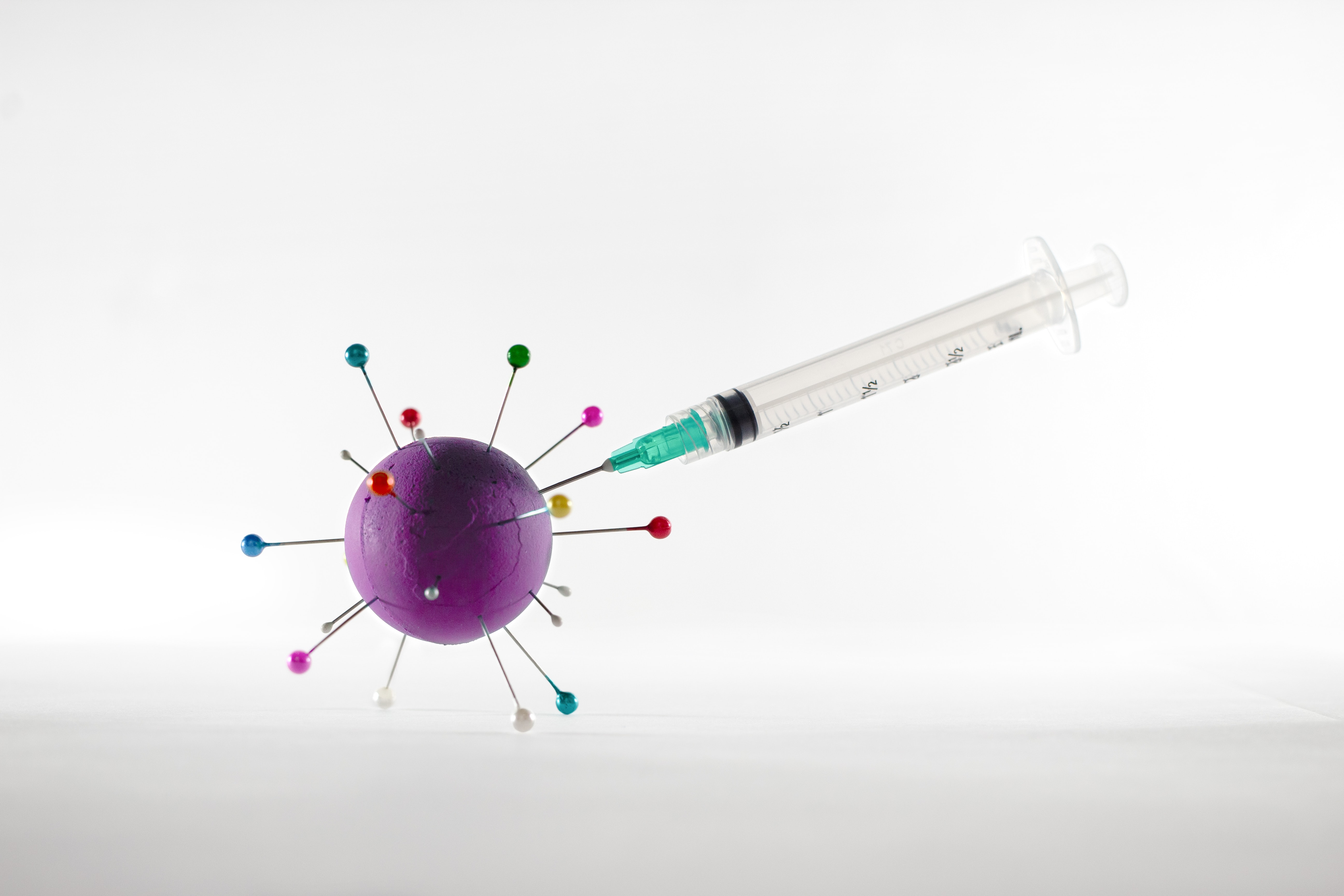
COVID-19 vaccine may work even if it doesn't reach the muscle
Observational study: A study in which the subject is observed to see if there is a relationship between two or more things (eg: the consumption of diet drinks and obesity). Observational studies cannot prove that one thing causes another, only that they are linked.
People: This is a study based on research using people.
New research shows standard Covid-19 vaccination needles are too short to reach the muscle tissue in some people with larger arms. However the study also found those people had similar antibody levels to those who had been injected with an appropriately sized needle – meaning the jab may not need to reach the muscle for the vaccine to be effective against the virus. The authors say that because obesity is a major risk factor for COVID-19 illness and death, it's especially important that those with obesity are properly protected.
Journal/conference: Vaccine
Link to research (DOI): 10.1016/j.vaccine.2022.06.070
Organisation/s: University of Auckland, University of Otago, Medical Research Institute of New Zealand, Auckland District Health Board, Counties Manukau District Health Board, Capital and Coast District Health Board
Attachments:
Note: Not all attachments are visible to the general public
News for:
New Zealand
Media contact details for this story are only visible to registered journalists.


Expert Reaction
These comments have been collated by the Science Media Centre to provide a variety of expert perspectives on this issue. Feel free to use these quotes in your stories. Views expressed are the personal opinions of the experts named. They do not represent the views of the SMC or any other organisation unless specifically stated.